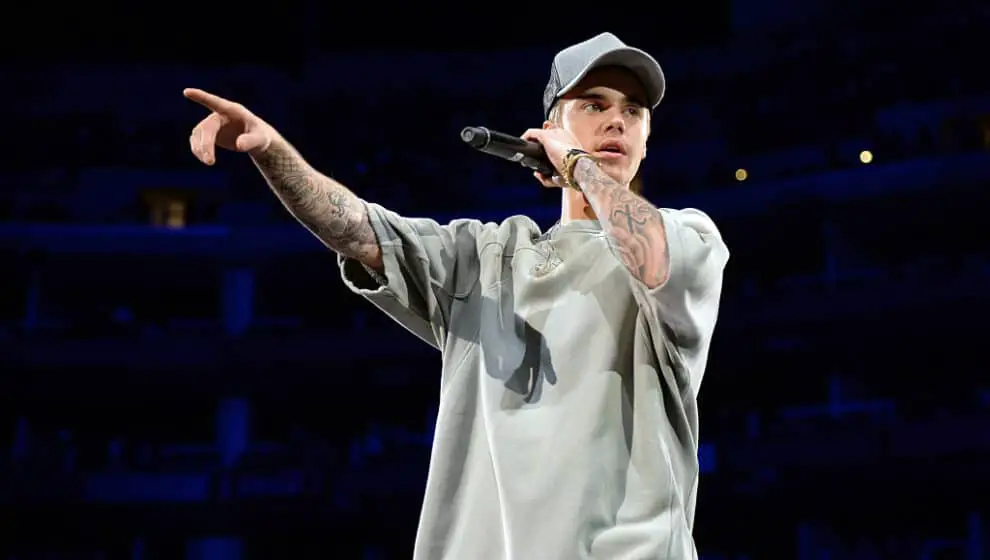Pop star Justin Bieber has sold the right to his music to Blackstone-backed Hipgnosis Song Management.
Key Details
- The 28-year-old Canadian pop star sold his entire back catalog, including publishing copyrights, master recordings, and neighboring rights.
- The deal encompasses more than 290 song titles.
- Universal Music Group maintains the rights to the originally recorded catalog.
- While Hipgnosis did not release financial details of the deal, Bloomberg had previously estimated that the deal could be worth $200 million.
- “This acquisition ranks among the biggest deals ever made for an artist under the age of 70,” Hipgnosis CEO Merck Mercuriadis said.
Why it’s news
Bieber is the most recent artist in a string of famous singers and songwriters to sell their catalogs in massive deals. Hipgnosis has acquired names like Kenny Chesney, Leonard Cohen, and Justin Timberlake since partnering with Blackstone in 2021.
Even before its partnership with Blackstone, Hipgnosis has been buying up rights to some of the biggest stars in the industry—both old and new. CEO Mercuriadis has compared the hit soundtracks to gold and oil.
“What I wanted to do on behalf of the entire songwriter community is to really establish music as an asset class and create a market. I wanted to demonstrate to the financial community that these great proven songs have very predictable, reliable income and therefore they are investable,” Mercuriadis says.
Hipgnosis isn’t the only company buying up the rights to legendary content. Bruce Springsteen and Bob Dylan sold their catalogs for $500 million and $300 million, respectively. Younger artists like John Legend and Iggy Azalea have also been cashing in on their products.
In recent years, the music streaming industry has changed how artists make money. Fans are buying fewer CDs and tuning in on the radio even less—they prefer to stream from platforms like Apple Music or Spotify.
Easy access to music from nearly every device has made artists’ songs more valuable than ever before, but that might not be what’s driving these stars to make the sale.
The pandemic stopped most performers from going on regularly scheduled tours, cutting into potential income for two or three years. Singers have looked to other options to make money, and music is one asset recessions don’t touch.
“Our emotional barometer as human beings is married to music. If we are living our best life, we are doing it to a soundtrack of music. And, equally, if we are being challenged, whether through a pandemic or inflation … we take comfort and escape with these songs. Songs are always part of our lives,” Mercuriadis says.
